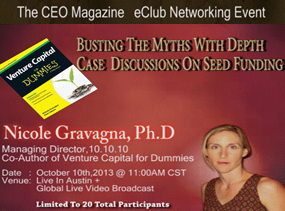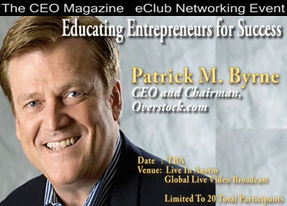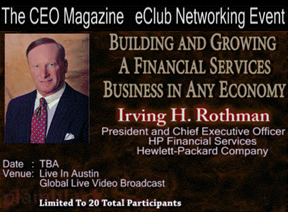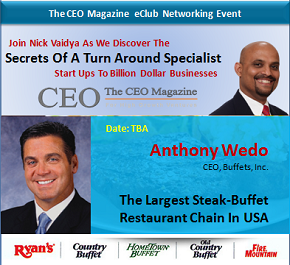You are here


Guest Blogger
Posts by Thought Leaders and Business Leaders who are not our regular bloggers but have valuable insights and personal stories to share with our readers.
Follow The Blog
Blog Categories
- Business Ops. (45)
- Editors (3)
- Entrepreneurship (196)
- Finance (25)
- Leadership (529)
Blog Authors
- Guest Blogger (835)
- Cynthia Kay (92)
- Linda Henman (78)
- Dianna Booher (46)
- Craig Ross (31)


















